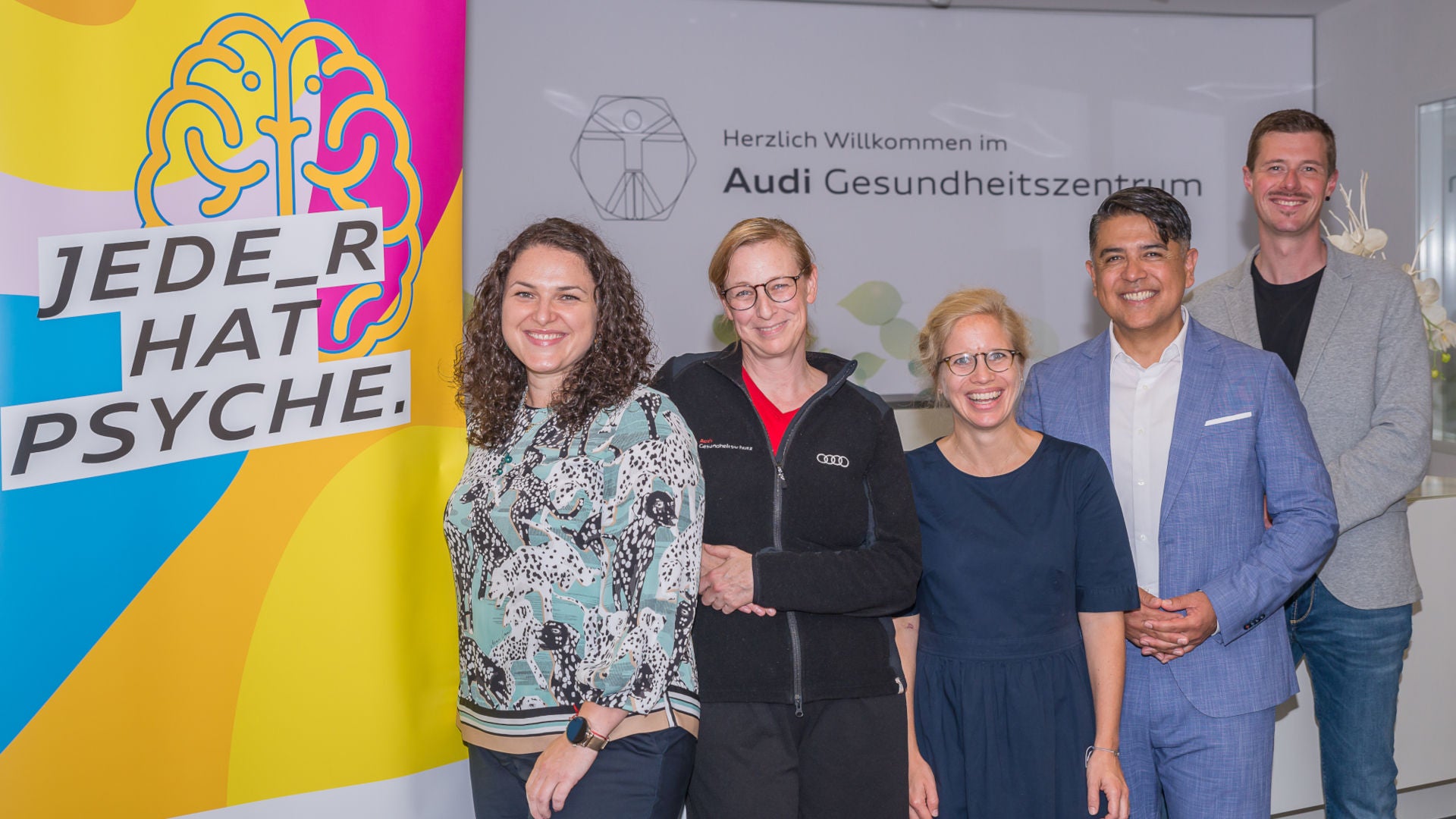
Working at Audi
We know that every person is unique. With us, you get the freedom you need to give your best every day, grow with your team and really make a difference. We ask open questions, share our ideas, appreciate new perspectives and inspire each other. Come join the team. We look forward to seeing you.
Find the right job at Audi.
Benefits
Every individual and employee is different, and so are their lifestyles and preferences. Wherever you live, we want you to feel at home with us.


.jpg?auto=webp)

.jpg?auto=webp)